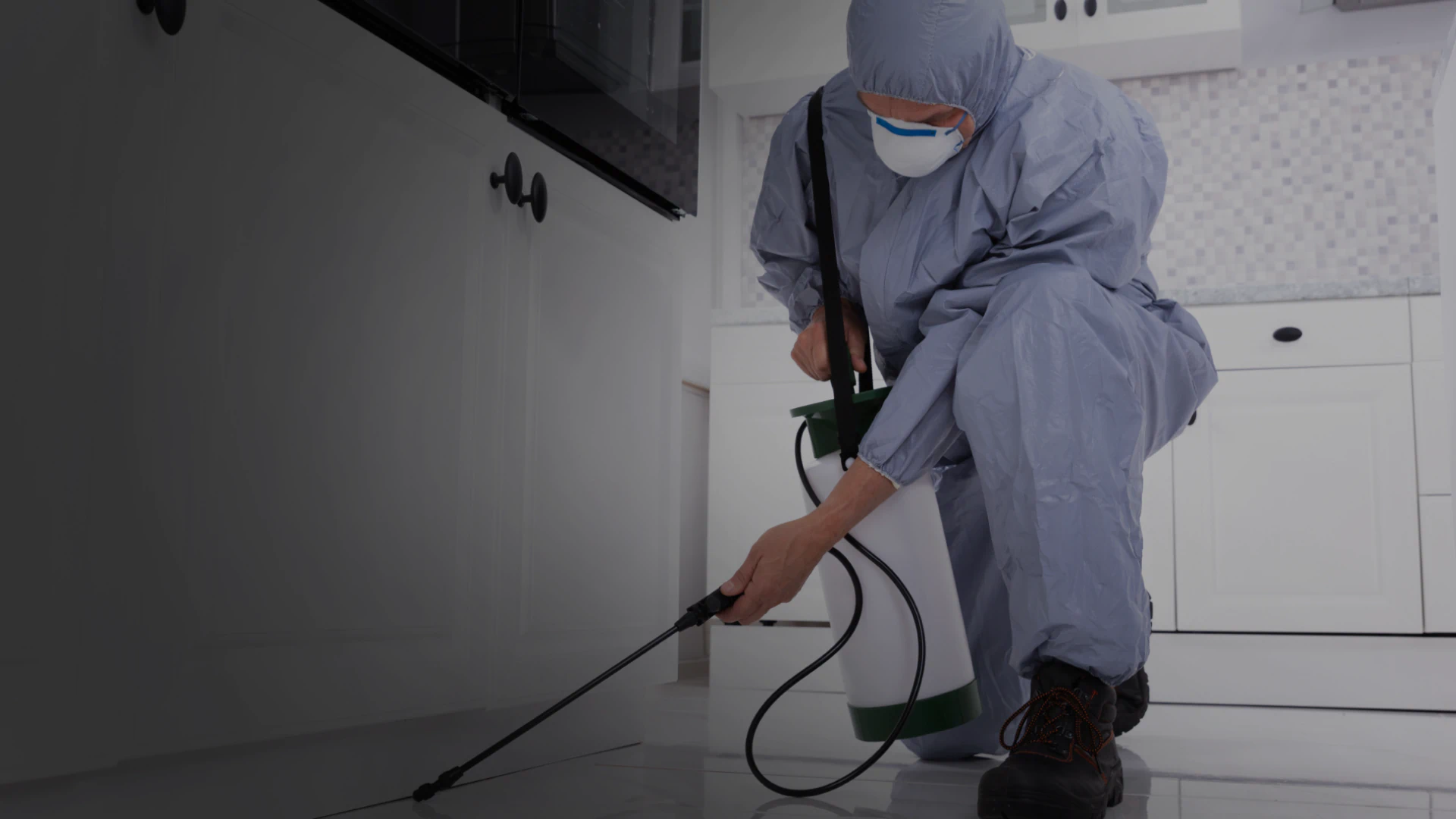Professional Exterminator Services: Bid Farewell to Pests forever!
Wiki Article
Expert Bug Control Techniques for Long-Term Outcomes
In the realm of parasite control, achieving sustained effectiveness and lasting results needs a thorough approach that goes beyond simple extermination. Professional pest control methods envelop a detailed approach that begins with a detailed examination and analysis, complied with by specific pest recognition to recognize their actions patterns. The application of Integrated Insect Monitoring (IPM) concepts, paired with eco-conscious therapies, develops the keystone of lasting bug obliteration. The real test lies in the continuous monitoring and upkeep of the dealt with areas, guaranteeing a pest-free setting for the near future. By delving right into the intricacies of these strategies, a deeper understanding of specialist bug control methods for withstanding outcomes arises.Evaluation and Analysis
Upon getting in a building for bug control services, the initial step is a thorough inspection and assessment to determine the extent of the invasion and identify one of the most efficient therapy strategy. Professional bug control specialists are educated to diligently examine the premises, searching for indicators of bug activity such as droppings, gnaw marks, nests, or any kind of structural damages. They will certainly also examine the conditions that may be drawing in pests, such as food sources, water leakages, or entry factors.
Bug Identification and Habits

Additionally, recognizing the actions of the identified insect is essential to executing reliable control measures. Recognizing where bugs nest, what they feed on, and their task patterns can help pest control specialists design approaches to eliminate them effectively. Some insects might be nocturnal, while others are more active throughout the day. This knowledge permits the application of treatments at optimum times for optimum efficiency.
Integrated Pest Administration (IPM)
Integrated Pest Management (IPM) techniques integrate numerous strategies to control and avoid bug problems in a lasting and eco-friendly way. pest control near me. By integrating techniques such as biological control, habitat adjustment, modification of cultural techniques, and using immune varieties, IPM intends to reduce using chemical pesticidesOne of the essential concepts of IPM is the emphasis on avoidance. This aggressive technique includes surveillance insect populations routinely to detect any kind of prospective issues before they intensify. By determining pest problems early, pest control measures can be implemented promptly and effectively.
In addition, IPM promotes using non-toxic parasite control techniques whenever feasible. This can include using all-natural killers of the parasites, presenting valuable pests, or utilizing pheromones to interrupt breeding patterns. By minimizing reliance on chemical pesticides, IPM not only protects the environment yet likewise aids keep an equilibrium in the environment.
Environmentally-Friendly Therapies
Executing eco-conscious techniques in pest control treatments can successfully attend to problems while focusing on ecological sustainability. Environmentally-friendly treatments concentrate on decreasing the impact of pest control approaches on environments, non-target microorganisms, and human health. These methods commonly include using all-natural predators, such as ladybugs or nematodes, to manage pest populations, reducing the demand for chemical treatments. In addition, strategies like habitat control, such as changing wetness levels or eliminating food sources, can help hinder insects without the use of hazardous substances.An additional secret element of environmentally-friendly therapies is using organic and biodegradable items that damage down promptly without leaving dangerous residues in the environment. Organic pesticides stemmed from plants like chrysanthemums or neem provide reliable parasite control while posturing very little risk to non-target varieties. Employing methods like warmth treatments or pheromone traps can target details parasites with accuracy, decreasing the general environmental impact of pest control methods.
Ongoing Surveillance and Maintenance
Regular examinations by skilled specialists are required to identify any kind of indicators of pest task, analyze the effectiveness of previous treatments, and make changes to the pest control strategy as needed. By checking insect populaces over time, insect control specialists can track trends, expect possible concerns, and apply preventive actions to decrease the threat of future invasions.
Along with monitoring, maintenance practices are vital for long-term insect control success. This consists of carrying out appropriate cleanliness procedures to eliminate possible food and water resources for pests, sealing entry points to protect against parasites from entering the premises, and resolving any kind of structural problems that can promote insect problems (bed bug dog). By incorporating ongoing tracking and upkeep into an incorporated insect administration approach, businesses can make certain a pest-free atmosphere and protect their home versus expensive damages and health and wellness dangers
Final Thought
Finally, making use of specialist parasite control strategies such as detailed inspection and assessment, exact parasite identification and understanding exterminator of their behavior, incorporated insect monitoring methods, environmentally-friendly treatments, and ongoing tracking and maintenance are vital for attaining long-lasting results in insect control. By executing these techniques, people can properly manage parasite problems and maintain a pest-free environment in a sustainable manner.Report this wiki page